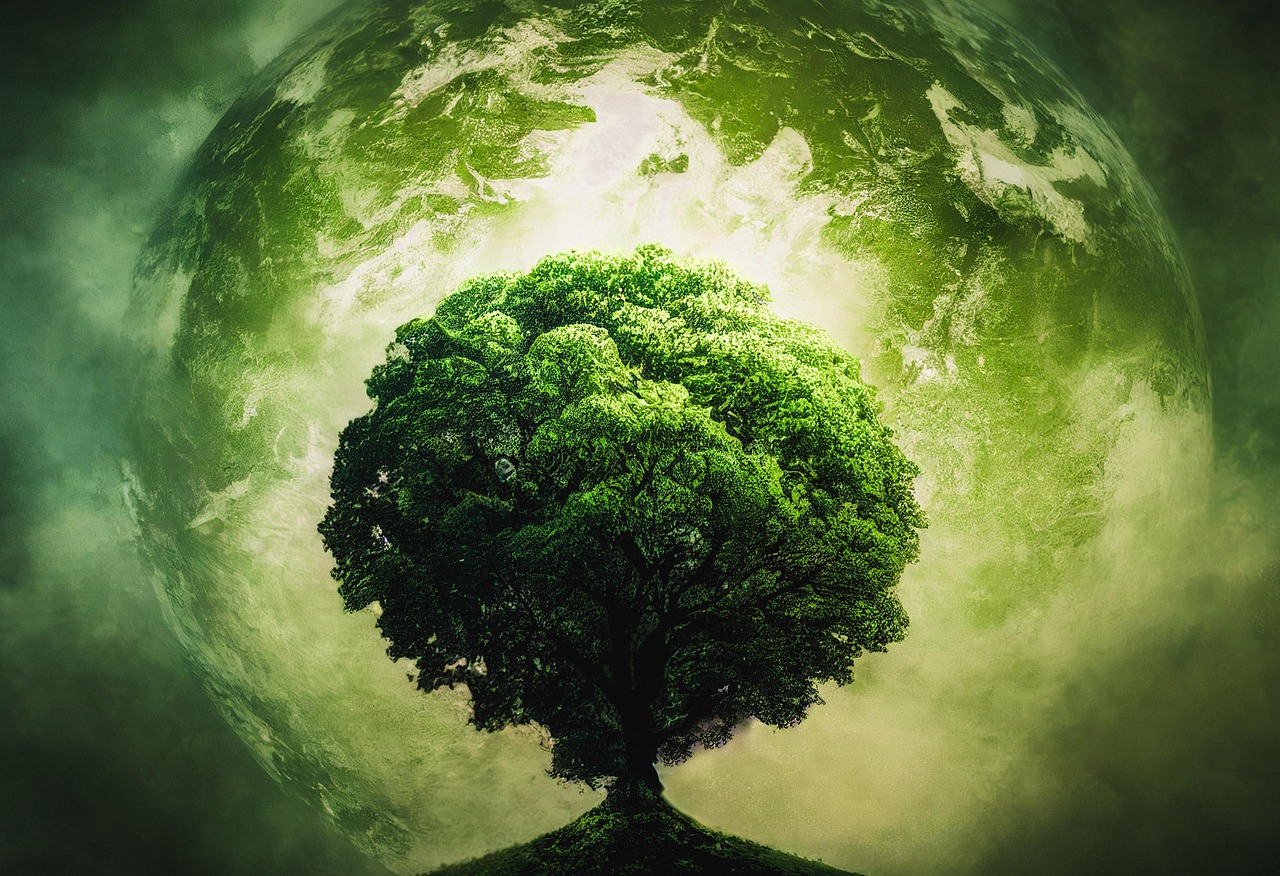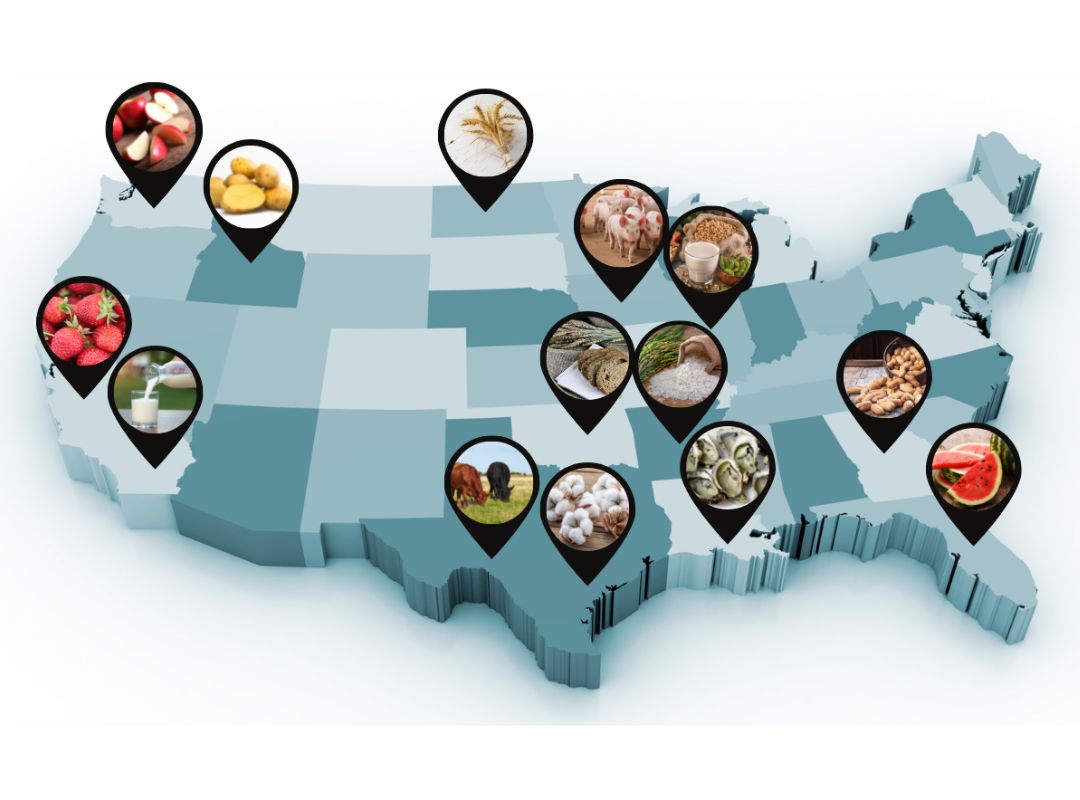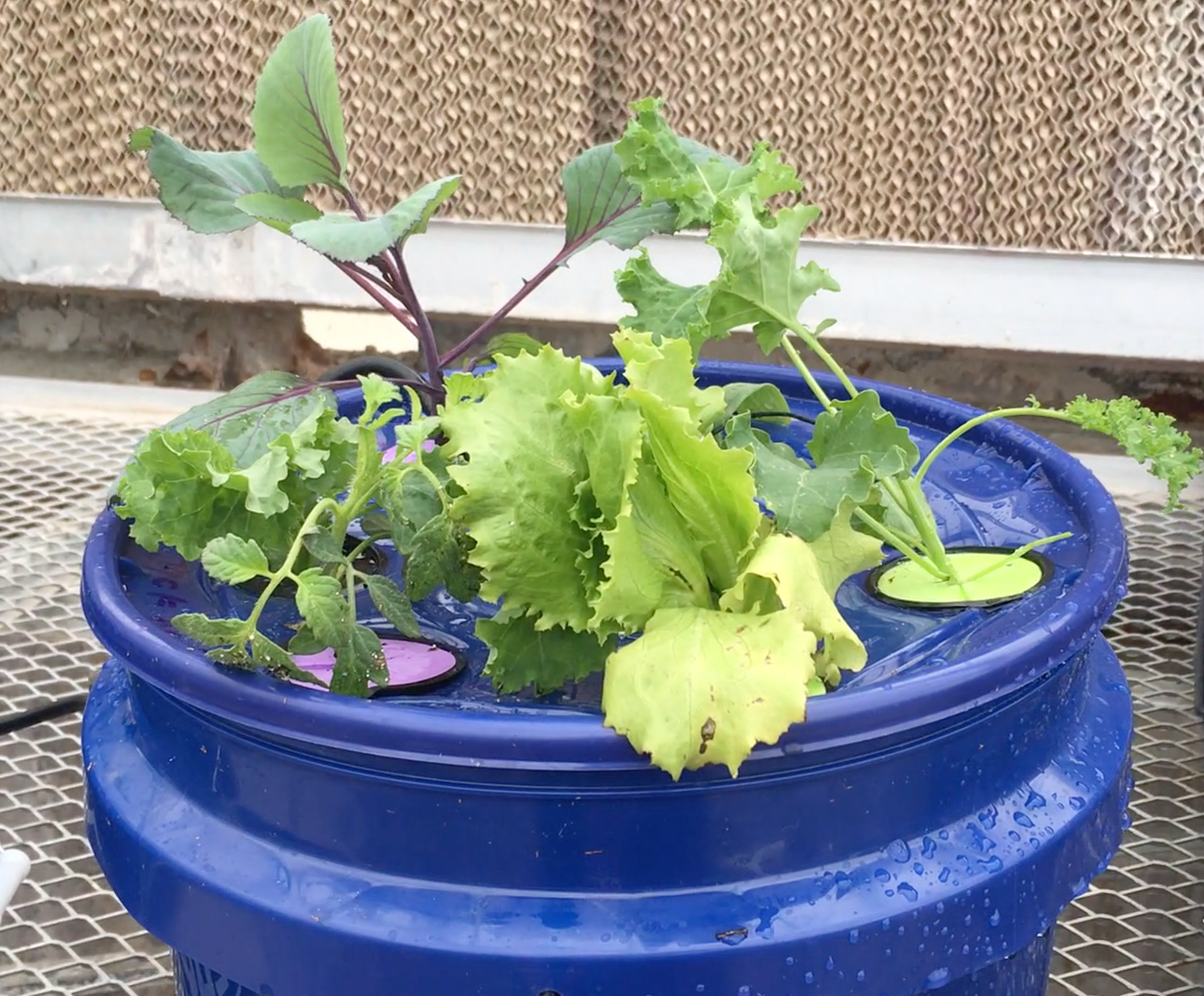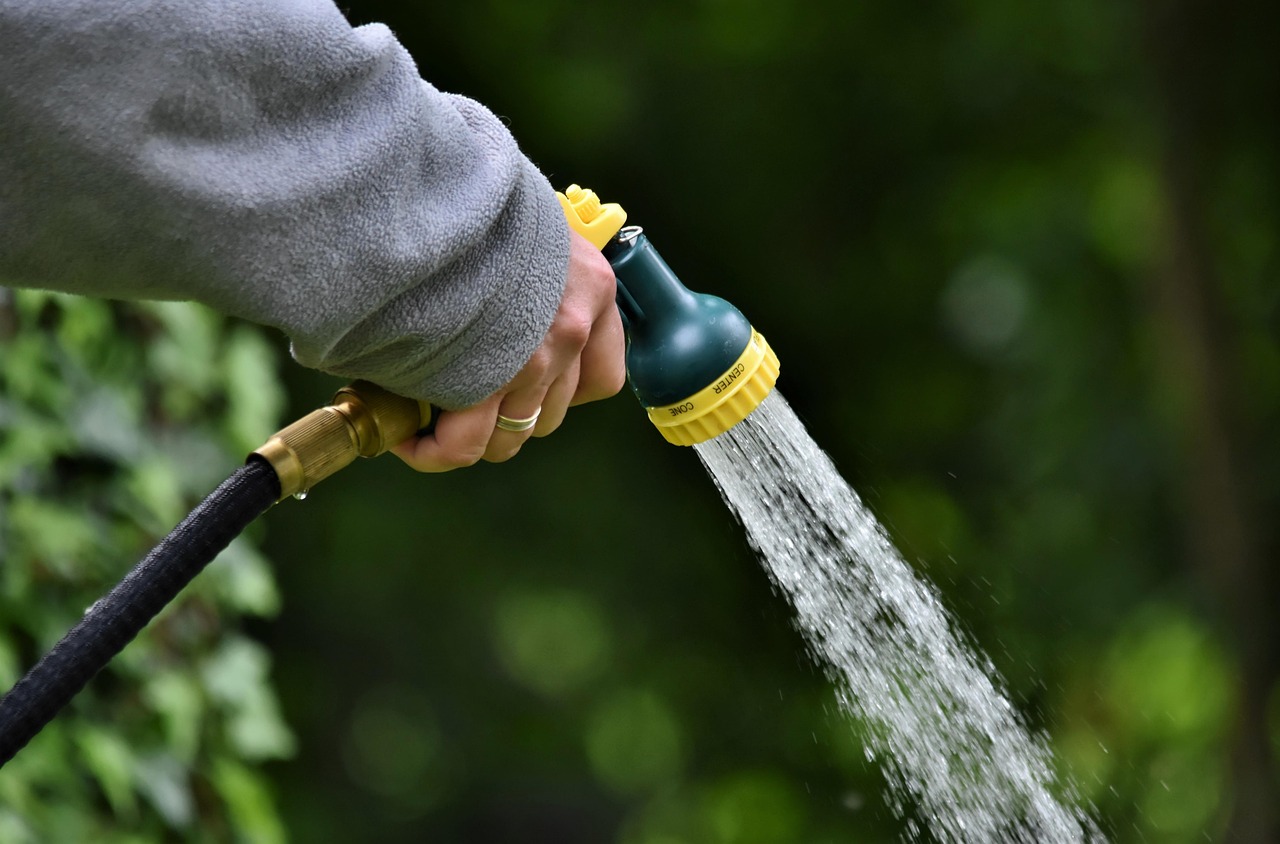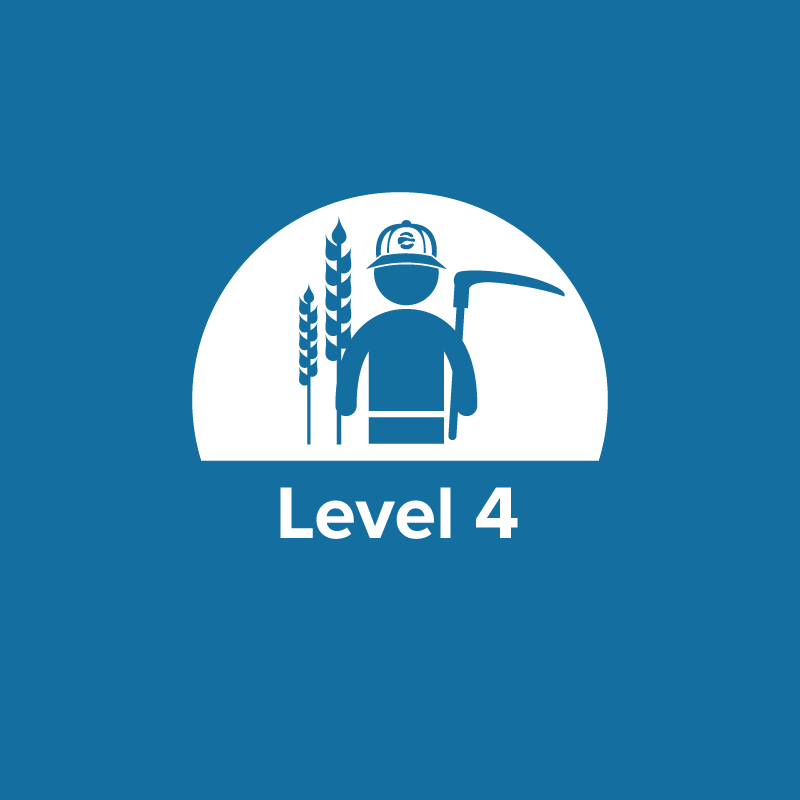
Journey 2050 Lesson 4: Economies (Grades 6-8)
Students will explain why economics are important to sustainability, describe the relationship between a sustainable economy and the environment, develop a model demonstrating how agricultural production creates a ripple effect that impacts local and global economies and social stability, and discuss how investments build an economy.
